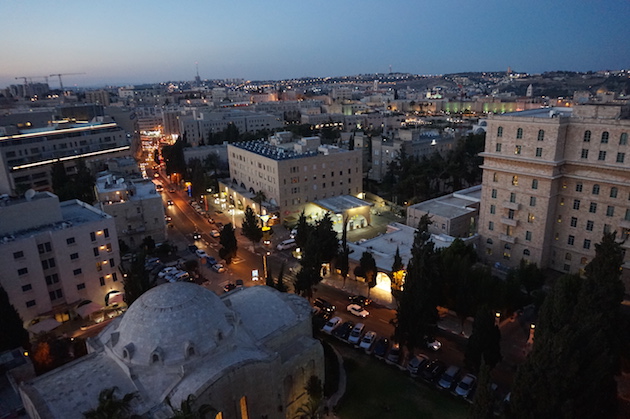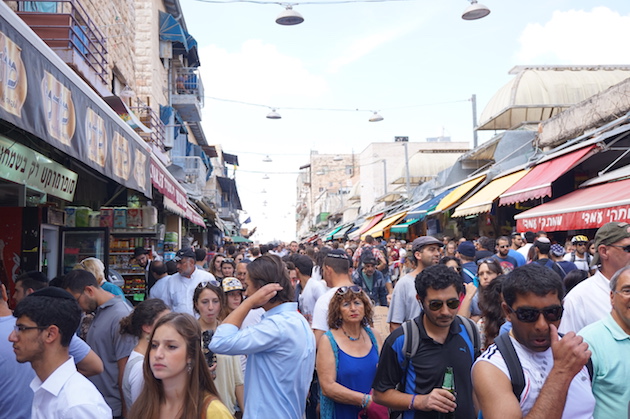
Jerusalem has endured numerous struggles in its long history, and coronavirus is now the latest. The City of David is bracing for the economic fallout of the coronavirus pandemic, Deputy Mayor Fleur Hassan-Nahoum says.
“Jerusalem is always a city that’s been hit,” she said. “We were hit by intifadas (terrorism) and we were hit by snow. We know how to deal with difficult situations. I think that nobody could have really predicted this. And I think this is going to be the biggest crisis that the modern city of Jerusalem has ever faced.”
In part, this is because Jerusalem is an economic powerhouse and is the Israeli city most reliant on tourism, says Hassan-Nahoum.
READ: Our family trip to Jerusalem
“I think what we need to learn from this really is what change has to be made in our local economy to make it more resilient.” she said. “Those are the lessons that I want to be analyzing after this crisis and bringing forward.”

According to Hassan-Nahoum, at least 20 percent to 30 percent of Jerusalem’s economy is based on tourism and the service industry, which includes restaurants and cafes. Israel welcomed a record number of tourists in 2019 — some 4.55 million — bringing billions of dollars into the economy. Now all the hotels and restaurants have been closed, as well as museums, churches and shops, and tour guides are without work as well.
READ: Jerusalem and economic growth in Israel
Hotel workers didn’t lose their jobs. They were sent on unpaid leave, Hassan-Nahoum said. Once the crisis is past and the economy recovers, they’ll have jobs but in the meantime, they’re not making money.
“For the last five years we’ve been trying really, really hard to bring big hi-tech companies, big research and development companies to the city, so the city is less dependent on tourism and service industry employment and more dependent on hi-tech or offshore services,” Hassan-Nahoum said. “Everything we’ve been working on for five years eventually will prepare us for, God forbid, the next challenge of this nature. But we weren’t there yet when this happened.”
–Alan Goforth | Metro Voice








